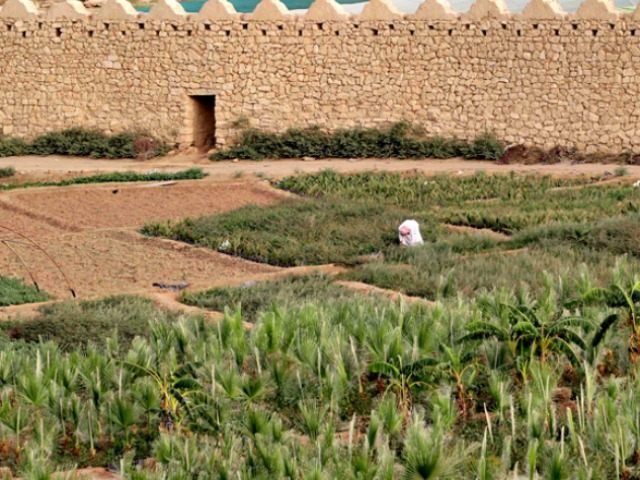Saudi Arabia plans to turn the birthplace of Wahhabism–just outside the capital city of Riyadh–into a tourist destination filled with entertainment, historic exhibits, parks, and restaurants.
Wahhabism, the radical Islamic ideology that is promulgated worldwide through Saudi influence and the dominant philosophy of Saudi Arabia, was founded over 250 years ago in the village of Diriyah, thanks to an alliance between the Saudi royal family and a radical cleric, according to the New York Times.
In Diriyah, the House of Saud inked an alliance with Sheikh Muhammad ibn Abdul-Wahhab, who would be allowed to preach his radical jihadist ideology in exchange for a guarantee that the Saudi royal family would be allowed to stay in power. Two-hundred-and-fifty years later, the treaty between the radical Islamists and the Saudi royalty remains in place.
Al-Wahhab’s Wahhabism preaches a puritanical version of Islam. Supporters describe the ideology as “pure Islam” that is perfectly compliant with Sharia law.
Critics of Wahhabism have noted that the group’s adherents tend to support worldwide terrorist movements across the globe. Some allege that Wahabi officials and clerics are responsible for fostering ideological support for jihadist groups and bankrolling outfits such as ISIS and Al Qaeda.
Former CIA Director James Woolsey has said of Wahhabism:
Those who direct Saudi Arabia’s state religion, the Wahhabi sect of Islam, loathe Christians, Jews, other Muslims, modernity, decency toward women, and freedom itself. The Saudi establishment has accepted a Faustian bargain, buying protection for itself by financing the spread of Wahhabi hatred around the world.
Nonetheless, the Saudis are following through with the tourist venue, which will be “filled with parks restaurants, and coffee shops,” the Times reports. “Nearby stands a sleek structure that will house a foundation dedicated to the sheikh [Al-Wahhab] and his mission,” the report adds.
The man in charge of the project, Abdullah Arrakban of the High Commission for the Development of Riyadh, said in support of the Wahhabi tourist venue, “It is important for Saudis who are living now, in this century, to know that the state came from a specific place that has been preserved and that it was built on an idea, a true, correct and tolerant ideology that respected others.”

COMMENTS
Please let us know if you're having issues with commenting.